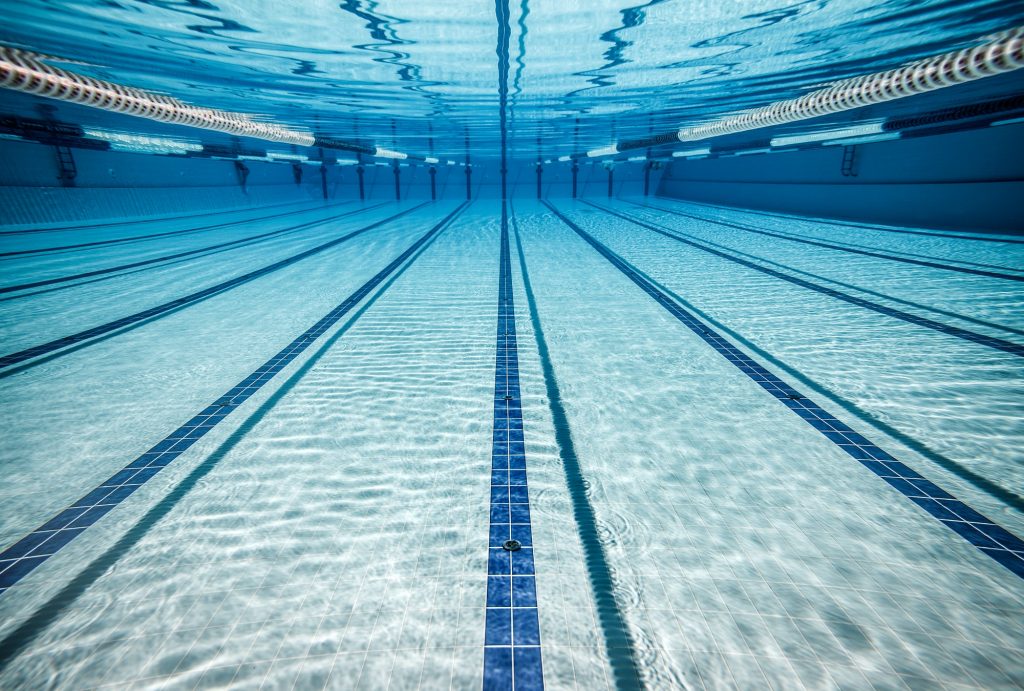Testing for pool contaminants regularly is a cheaper way to maintain your pool. It will help you discover and resolve minor issues with your pool before they become disastrous. It is easier to fix these issues early than when you would have to spend a fortune fixing a full-blown problem.
The primary source of contamination in pools is the users of the pool. The people and pets who use the pool introduce microbes into the pool. Dirt and debris from the surrounding could also contaminate the pool. So, you need to test your pool frequently.
Testing Your Pool
The different tests you need to carry on your pool could overwhelm you. However, you do not need to conduct a test for everything. There are testing kits that will give you a reliable reading of the pool’s quality.
There are many of these kits available. However, there are three options you can look out for, depending on your need. One option would be the test strips. They are strips you can use to check for a particular chemical in your pool.
Usually, the color of the test strip would change in color to show that the chemical is present. To use the test strip, dip it into the pool water and hold it in for a while. After some time, you can compare the color on the test strip to the colors on the chart.
The second option is a color disk kit. It serves to test several chemicals. Usually, you collect the water sample in a tube and add the liquid reagent or powder packet to it. After which, you would place the tube in a viewing box that has a color gradient.
The third option would be the digital instrument. It is the most accurate one but usually more expensive than the others.
Chemicals to Test For
You need to test for the chlorine level of your pool, as it is the major sanitary chemical. The average free chlorine level is between 1.0 and 3.0 ppm.
You would also need to check the pH and alkalinity level. The pH level should be between 7.2 and 7.8 and the alkaline level should be between 8 and 20 ppm.
Check the calcium hardness of the pool water. The calcium hardness of the pool should be between 17 and 25 ppm if it is a vinyl pool. If it is a concrete pool, it should be between 20and 75 ppm.
Also, check your pool for metals like iron, copper, and manganese. Seeing stains in your pool could also show metal in it.
When to Test Your Pool
Test your pool when you reopen it. Since you did not use it for a long time, you need to find out the quality of the water. You also need to test it after using it frequently. When people, children, and pets use the pool, they easily contaminate it.
Safety Measures for Pool Testing
Use safety gloves when you have an open cut on your hand. It will prevent the chemicals from getting into your bloodstream.
Call a Professional
When you use a professional, you avoid errors from using your DIY kits. Get a professional in Arizona to test your water for pool contaminants. They would also help you fix the contaminated pool.
